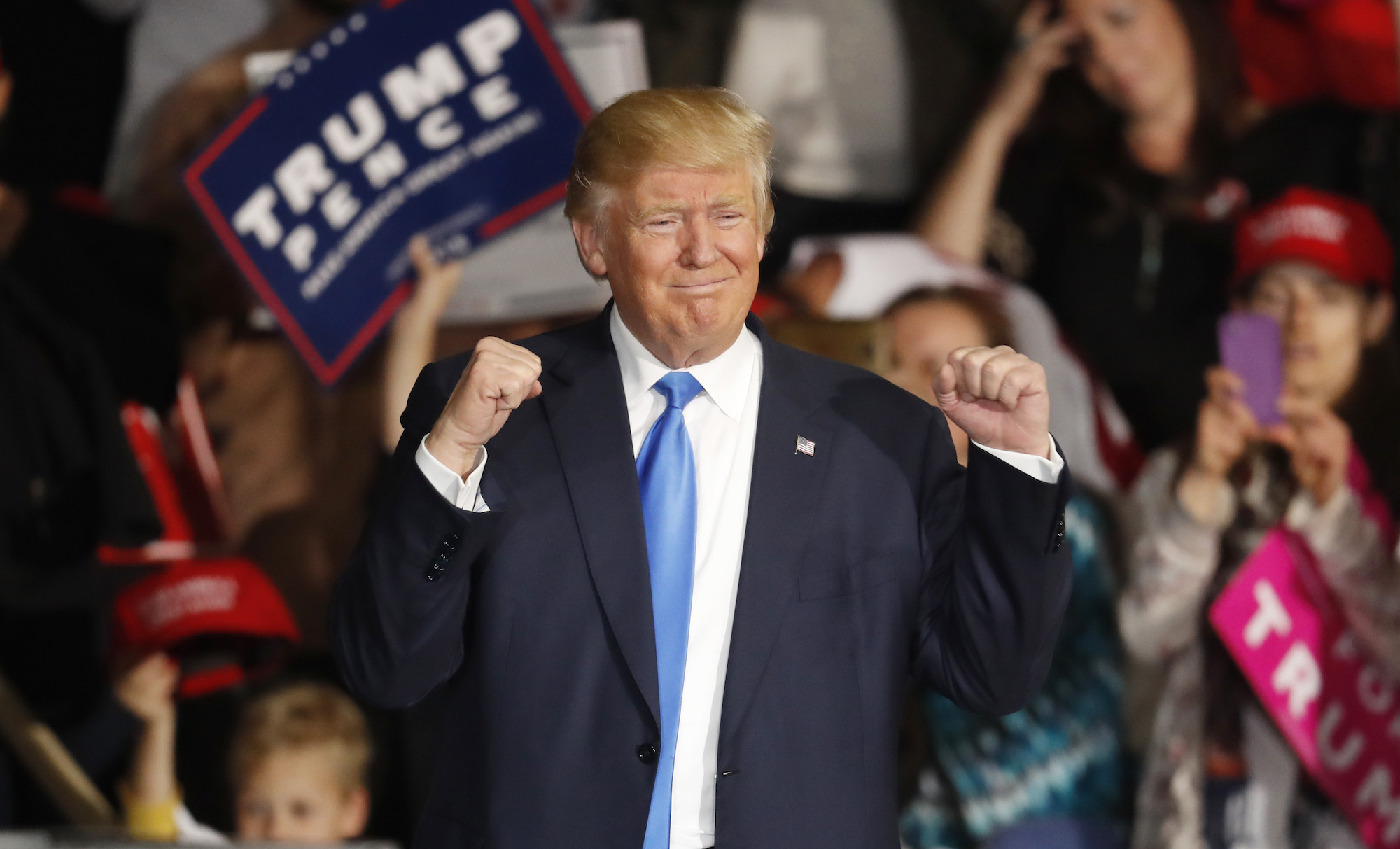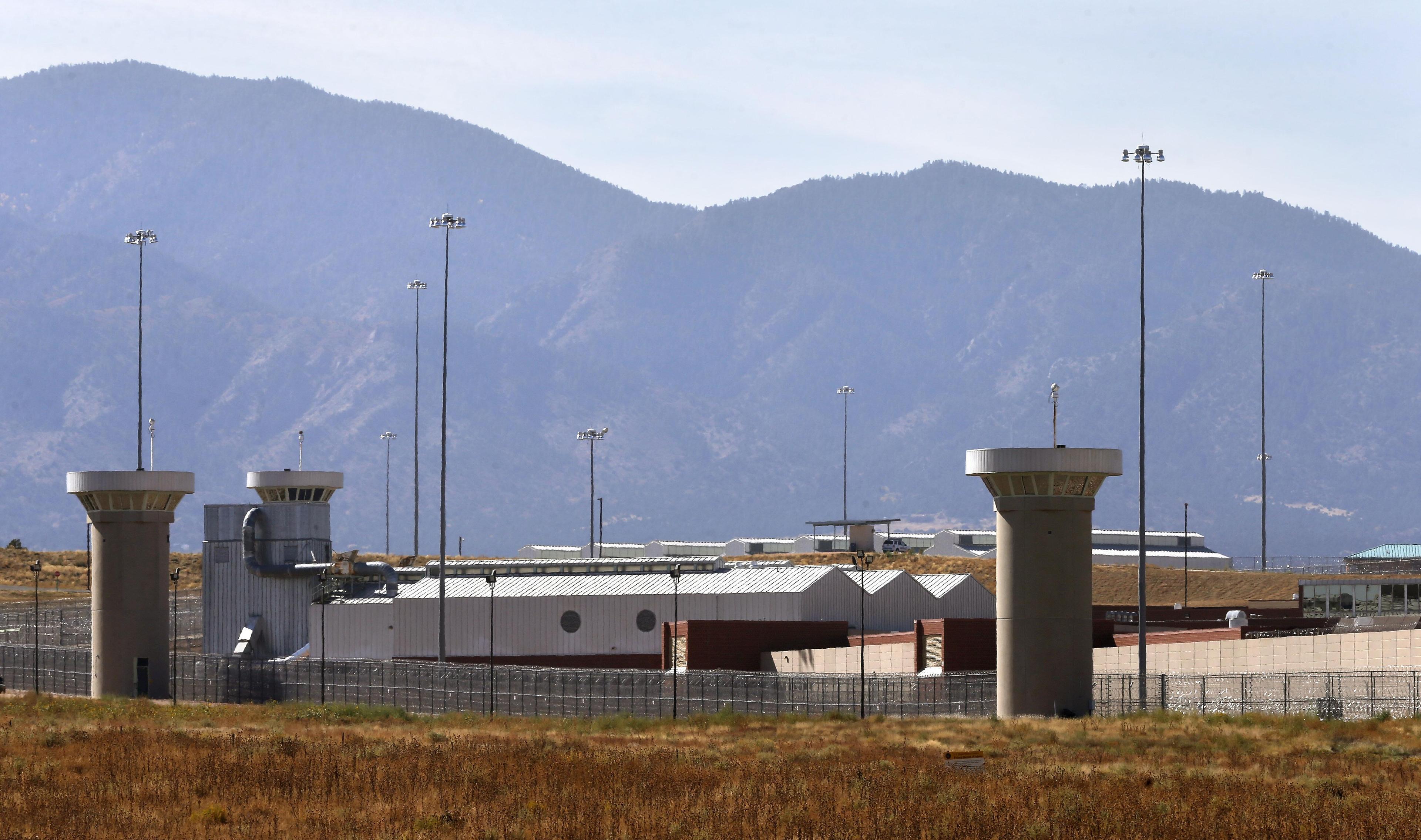
One criticism some Republicans and Democrats have directed towards Donald Trump is that he's not a true conservative. His positions don't always line up and his policies don't necessarily tout the conservative banner of smaller government. What then does a Trump presidency mean for the future of conservatism within the Republican Party?
Frances Beckwith is the visiting scholar in conservative thought at the University of Colorado Boulder. His full-time appointment is at Baylor University in Texas, where he is a professor of church-state studies.
Beckwith spoke with Colorado Matters host Nathan Heffel about the future of conservative thought.
Read excerpts from the conversation below.
On whether Trump is a "true conservative":
"In terms of thinking at the sorts of issues that animate conservatives over the past 30 years, probably not. For example, his views on foreign policy and his resistance to a kind of interventionist view of the United States in terms of its role in the world, I think is not consistent with what would be called 'traditional conservatism'... On the other hand, there is actually a tradition within conservatism of being someone isolationist. So there's a sense in which, he's actually going further back in American history to an era in which conservatives had a different view."
On why Trump did so well in the "Rust Belt," the northeastern and Midwestern part of the country:
"My sense is that you had within the larger American public a sense of being disposed... In the past several elections, I think going all the way back to 1988, the Democrats have dominated that region of the country. Those states, they were very close, but they all went for Trump. And it seems to me that you had in those particular areas large segments of white male, not-college educated, blue-collar individuals that I think sense that they weren't getting their part of the American dream."
On if the Republican Party, often considered the party of the conservatives, will fracture or be remade:
"I think it's going to be remade. I think fracturing, just from a practical standpoint, is too expensive and, in the long run or even the short run, it would be very difficult to sustain a third party that would be effective -- essentially what they would be doing is conceding the next couple of presidential elections to the Democrats. I do think there will be some people in the Republican Party, people in leadership, who will in fact try their best to assimilate these Alt-Right folks, but at the same time try to maintain the unity within the party... I do think that there's nothing better than success in terms of unifying. The question now is actually for the Democratic Party. What sort of things can be done there to reinvigorate that party?"
On how the Republican Party could look in the next five to 10 years:
"I think it's changing and it's changing as it did in the past, as a result of events. So you have the Republican Party right now, at least in terms of those who supported Trump, very much against what [President] George W. Bush did in the invasion of Iraq... And the fact that you had the Bernie Sanders people and the Trump people actually agreeing on what would have been the right course of action. So I do think in terms of foreign policy, you'll see a major shift. I think you also see [change] in trade policy. Republicans have traditionally been very strong on free trade... I think you're going to see, for the first time in quite awhile, a Republican White House actually calling for limits on free trade."









